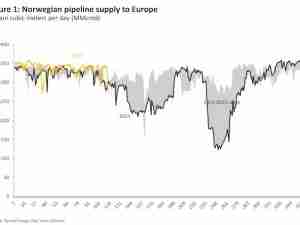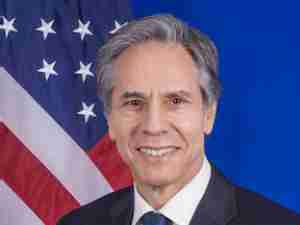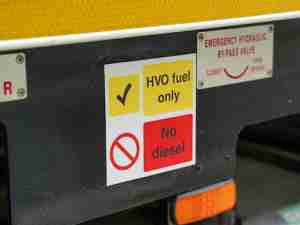Brent rises above $114 on Iraq and supply concerns
By: Reuters | Jun 24 2014 at 03:34 PM | International Trade
Brent crude held above $114 a barrel on Tuesday, supported by continued fighting in Iraq, supply disruptions in Libya and expectations of a decline in U.S. crude inventories, while U.S. crude prices dipped slightly.
Brent prices resumed their upward trend after some profit-taking on Monday, as Sunni militants continued their advance against Baghdad’s Shi’ite government.
Although refineries in the southern regions, which produce the bulk of Iraq’s oil exports, were unaffected, analysts expect fighting in OPEC’s second-largest producer to continue to support prices.
“We saw some profit-taking after last week’s nine-month high, but the market is now consolidating because of the uncertainty [in Iraq],” said Gene McGillian, an analyst at Tradition Energy in Stamford, Connecticut. “Further gains seem to be dependent on actual supply disruptions or violence spiralling out of control.”
Brent crude rose 34 cents to settle at $114.46 a barrel, after rising as high as $115.71 last Thursday. The benchmark had its biggest one-day drop since May 16 on Monday.
U.S. crude fell 14 cents to settle at $106.03, remaining in a tight range as the market awaited weekly government data on oil stockpiles.
A Reuters survey forecast U.S. crude inventories fell 1.6 million barrels on average last week as refiners increased output, while product stockpiles rose.
Brent widened its premium over U.S. crude. The spread between the benchmarks <CL-LCO1=R> closed at $8.43 from $7.95 in the previous session.
Oil prices spiked in the wake of the Iraqi conflict which, according to the United Nations, has killed more than 1,000 people, mainly civilians, in less than three weeks.
Government-led forces continued to fight Islamist insurgents for control of Iraq’s biggest oil refinery on Tuesday. The refinery, a 300,000-barrels-per-day facility in Baiji, north of Baghdad, was shut down last week and has been under siege since.
U.S. intervention in the Iraq crisis, with air strikes or other military action, could lead to higher oil prices, but such steps appear unlikely for now, analysts said.
The Iraq crisis poses a threat to oil supplies at a time when outages in Libya, Syria and Iran have curbed global production by almost 3 million bpd, or more than 3 percent of daily global demand.
In Libya, an oil port that had reopened over the weekend closed again. The country’s production is around 270,000 bpd, a fraction of the 1.6 million bpd it produced before the 2011 civil war.
Still, OPEC is ready to pump extra oil in the event of any supply disruptions caused by the fighting in Iraq. Saudi Arabia, OPEC’s biggest producer, can ramp up to its full capacity of 12.5 million bpd if needed, officials said on Tuesday.











